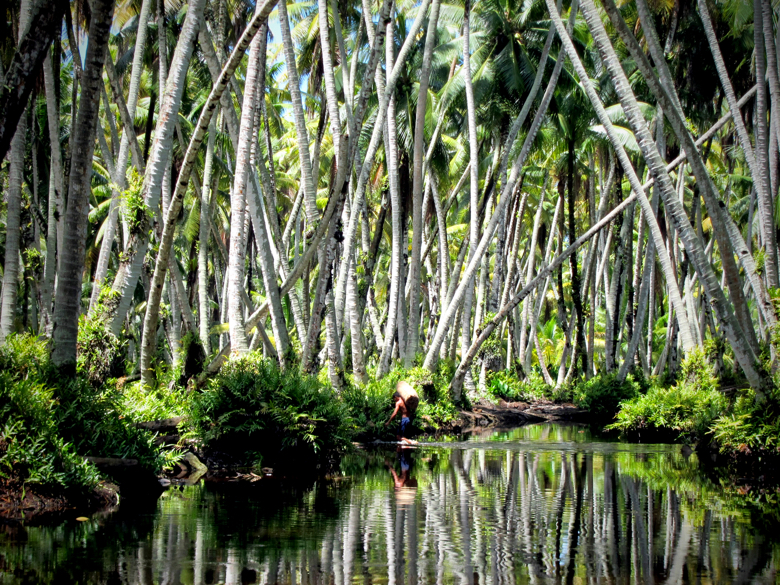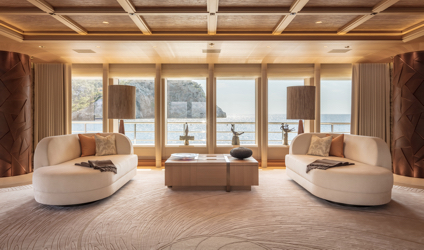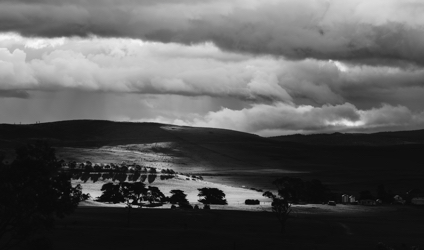What is luxury?
Purpose is the new luxury for Emily PennEmily Penn
Emily Penn is a professional sailor, devoted advocate for marine conservation, artist, and the co-founder of Pangaea Explorations. As an international speaker, she addresses humanity’s greatest challenges – solving the scourge of plastic in our oceans and working out how we can live sustainably on this planet.
“It is luxurious to live a life where you get to wake up every day and live a life with purpose. Purpose is the new luxury.”
The concept of luxury is heavily dependent on the culture of the person who defines it. In your life and travels, do you encounter differences in meaning?
In the Pacific Islands, where I’ve spent some time living, their concept of luxury is completely different to ours. For them, luxury is to not have to think about food on the table the next day. People think about ownership in a very different way. There is much more of a borrowing culture. If you’re wearing a T-shirt and you have a T-shirt drying on your washing line, and I haven’t got a T-shirt on, then I clearly have a need for something more than you do. In Kiribati (Island republic in the Central Pacific) it’s called Bo Boti. You can Bo Boti someone something that they need. It’s interesting the way people around the world think differently about ownership. It’s much more about need. Momentary need rather than ownership, and I think that’s probably the biggest difference.
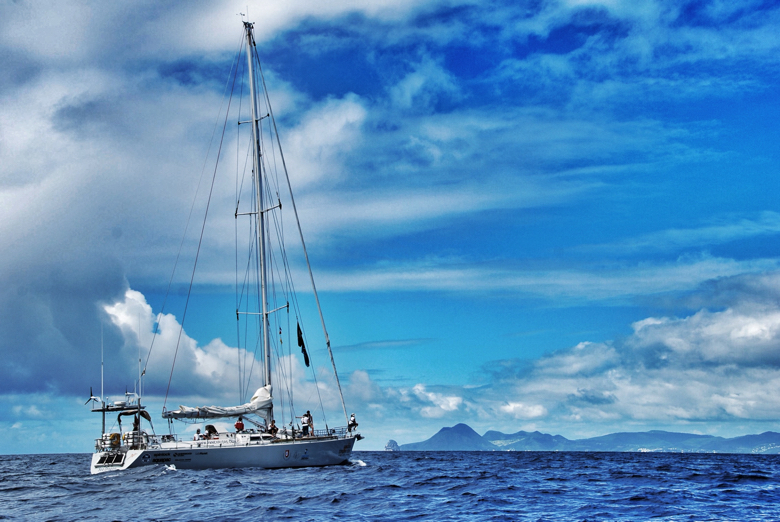
Luxury brands are increasingly environmentally conscious and sustainable business strategies are now more common, attracting ethically-minded consumers. High-end brands like to announce eco-friendly initiatives but is this enough? How can luxury brands show real commitment to sustainable causes?
It’s not enough yet but it’s a good start and it’s very positive to see the direction things are moving in. There is a risk of “green-washing” and that’s what I look at when I’m working with luxury brands – look to avoid. But we do need to get started. It’s not that easy what we’re trying to do. We’re trying to completely shift how things
have been done to date. It’s okay to do something that boosts your brand that gets your employees excited and gets great media coverage and all of those things that brands find exciting – If you are then going to follow through and take it somewhere.
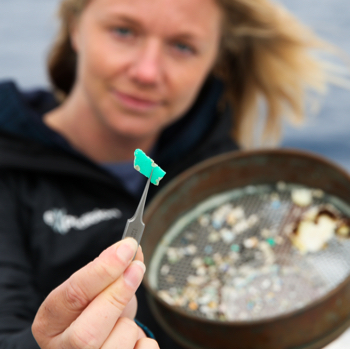
“Companies that care about the planet are the ones that will succeed.”
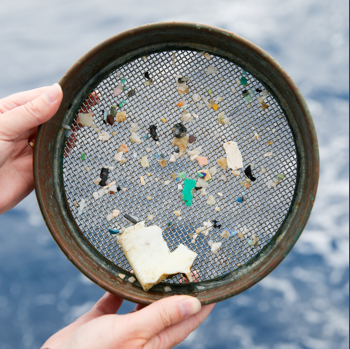
How do you think the luxury consumer is changing?
With regard to 5-star luxury travel, it used to be about staying in your very fancy hotel with your bottled water and a very protected experience. Now you have much more raw and wild experiences that are all about connecting with nature, with outdoor bathrooms and open 4X4s for exploring pristine places. So, I think that’s one big change. There is this move away from luxury meaning everything is very hygienic and sealed and plastic wrapped inside a very cocooned space, to something much more rugged – the idea of luxury being not too precious. And I think the next move is towards sustainability. Definitely when it comes to experiences – if you’re going to be paying for luxury type items or luxury experiences, then you want to know that there is no adverse effect on the local community or environment. And I think we’re seeing the same thing in fashion at the moment. There is a huge backlash against fur. That used to be luxury but now many high-end brands are switching for alternatives because we no longer believe that that is luxury. Now, luxury should include protection of our planet. It’s not acceptable for something that is high-end to be damaging to the environment.
Which qualities would you say are the vital foundations of an authentic luxury product, service or experience?
Building on from what we were just saying, it’s no longer acceptable that luxury products have negative impacts on the planet or on people. So, there has also been a backlash in the fashion industry over working conditions and we now associate sweatshop conditions with low quality brands. To sum up, no negative impact on both people and planet.
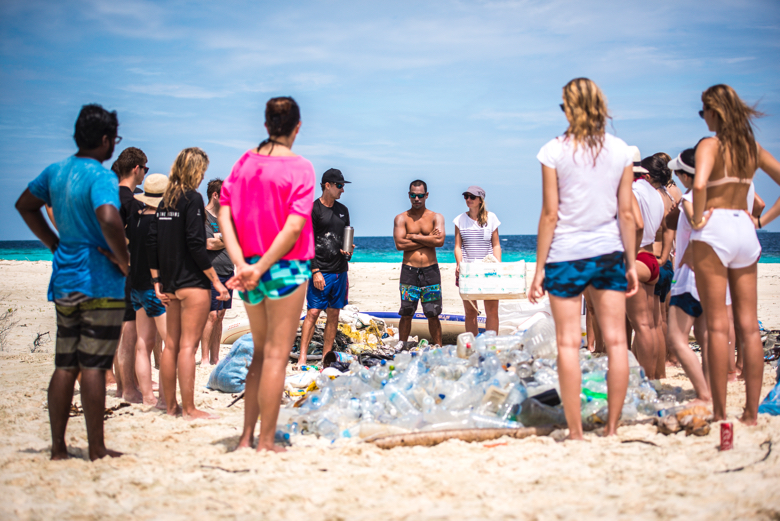
Many growth opportunities exist within the field of sustainable luxury, but is it the promise of more revenue or genuine concern for the environment that is impelling brands to embrace sustainability? Does it even matter, as long as progress is made?
It depends on what the real objectives of the company are. I’d like to say that all brands really need to care, but I’m also a big believer that it’s going to be better for profit as well. I genuinely believe that the companies that care about the planet are the ones that will succeed. They will be the ones that will still be here going forward because they have a long-term approach. There is no denying the direction the planet is heading at the moment and any brands that think otherwise have got their heads in the sand. So, even if a company is making decisions based only on profit, I still think they are being very smart about it.
Luxury can seem contradictory – the rarity of a desirable product is part of its appeal, and yet luxury is becoming more accessible – how do you view this delicate balance and the democratisation of luxury?
I think that luxury evolves and new things become considered luxurious. Going back to different people’s perceptions of luxury around the world, I think luxury is more of an ever-changing thing.

What are the main challenges of luxury brands at this time?
Moving into this new world where we realise that sustainability has to be at the front of our minds, luxury brands need to make that transition and I think it’s easier for some than for others. For a luxury brand, it is perhaps easier than a high-street brand because this idea of “fast fashion” is a business model which should be illegal because it’s so irresponsible. And I think it will be illegal in the near future. So, for fast fashion I think the business model has to change drastically, whereas for luxury brands, where you’re talking about things that are designed to last a lifetime or multiple generations, pieces that are timeless and made with quality, then I think those sorts of brands are in a much better position.
“Luxury should include protection of our planet. It is not acceptable for something that is high-end to be damaging to the environment.”
Could you choose one word to describe luxury now?
Ever-changing.
What is one luxury you couldn’t do without?
Hot Shower.
How do you see the evolution of luxury and where is it heading next?
I think it will go more into the space of purpose. We talked about luxury moving away from comfort and cleanliness into experiences, and where we’re at now – where things have got to be good for the planet – I think beyond that is a sense of why? Why are we here? Why are we doing this? Why am I getting out of bed every day? I think that we’re going to say that it is luxurious to live a life where you get to wake up every day and live a life with purpose. Purpose is the new luxury.
